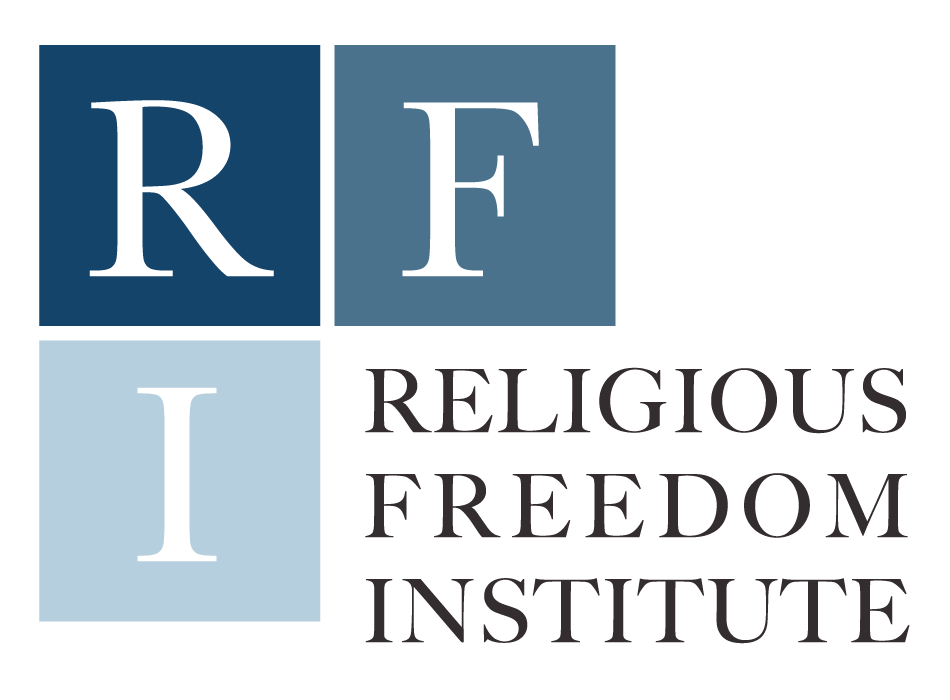Press Release
06/21/2018 Washington, D.C. (Religious Freedom Institute) — In a decision that could have implications for the United States, Canada’s Supreme Court has ruled that any student graduating from Trinity Western University’s planned law school can be barred from the practice of law. The Court decided that a school covenant requiring its faculty, staff, and students to live in accord with the traditional Christian understanding of marriage was sufficient cause to refuse licensing for the law school.
While the court recognized a religious freedom interest on the part of the school, it said the “public interest” demanded religious freedom be set aside.
Trinity Western University (TWU) in British Columbia is the largest private Christian university in Canada. Since its founding in 1962 it has had a mandatory “community covenant,” common among Christian institutions in Canada and the U.S. At issue was a clause in the TWU covenant stating that members of the community should voluntarily abstain from “sexual intimacy that violates the sacredness of marriage between a man and a woman.”
The Court ruled that as accrediting agencies the law societies of Ontario and British Columbia have a “public interest” in denying accreditation for TWU. “Being required by someone else’s religious beliefs to behave contrary to one’s sexual identity,” the decision said, “is degrading and disrespectful.”
In effect, the Supreme Court has ruled that in Canada religious freedom is no longer a fundamental human right. The decision presents a very thin idea of “diversity,” which excludes people of faith who wish to live their faith publicly. Their views may not be present in Canadian public life, but are to be relegated to the private sphere where they, for the time being, may continue to be tolerated.
“What the court has done has effectively relegated freedom of religion and conscience out of section two of the Canadian Charter of Rights and Freedoms. This case was ultimately a question about the freedom to live your faith publicly and the court has said, in effect, faith is only to be lived privately,” said Rev. Dr. Andrew Bennett Senior Fellow of the Religious Freedom Institute and Director of the Ontario-based Cardus Religious Freedom Institute.
RFI Senior Fellow Paul Marshall notes that the decision could impact the United States. As some in Canada have pointed out, “if law graduates from TWU were not acceptable, then graduates from American universities such as Baylor and Brigham Young may not be either. If these institutions adhere to principles analogous to TWU, then their graduates could also be restricted from Canadian professions.”
“Now more than ever we need a robust and clear defense of freedom of conscience and religion, which by their nature include public expressions of religion,” said Bennett.

Media Contact:
Jeremy P. Barker
media@religiousfreedominstitute.org
202-838-7734
www.religiousfreedominstitute.org
The Religious Freedom Institute (RFI) works to secure religious freedom for everyone, everywhere. The RFI is a non-profit, non-partisan organization based in Washington, D.C.
THE RFI BLOG

Myths of Religious Nationalism in America and Abroad

France’s Olympic Hijab Ban Violates International Law And Exacerbates Tensions

RFI Briefs USCIRF on Lessons from 25 Years of U.S. Designating Religious Freedom Violators

Thought Police: Protecting the People from Prayer

A Religious “Delaware”: Establishing a State Haven for Religious Corporations
CORNERSTONE FORUM

Challenges to Religious Freedom in Iraq and the Critical Need for Action

Public Bioethics & the Failure of Expressive Individualism

Religious Liberty in American Higher Education

Scotland’s Kate Forbes and the March of Secularism

